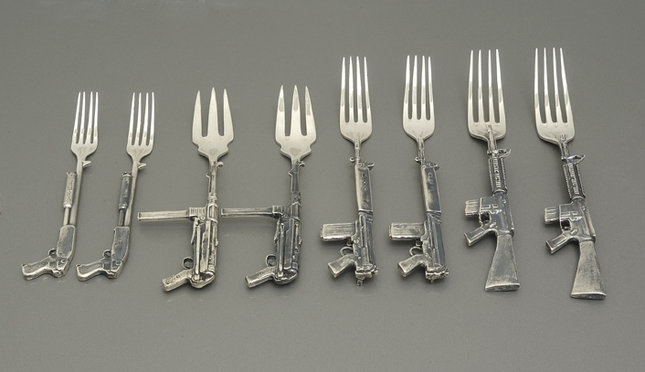In war zones, a child dies every single minute due to hunger or malnutrition. Recent reports by the UK-Save The Children state that two-thirds of infants living in conflict zones aren’t being treated for life-endangering hunger and more than 59,000 children could lose their lives by the end of 2018 due to this phenomenon.
According to UN data, approximately 4.5 million children under the age of five will need serious treatment due to lack of nutritious food, which is an increase of almost 20% since 2016. Last year’s UN annual report also showed a massive rise in global hunger since the turn of the century, caused by conflict and climate change.

Save The Children recently came out with a report on the use of starvation as a weapon in some of the world’s most conflicted regions. The CEO of Save The Children, Kevin Watkins, also came forward saying, “Using starvation as a weapon of war has become the new normal, with devastating consequences for children. From Yemen to South Sudan the failure to protect children from hunger is putting children at risk.”
In Yemen, South Sudan, Syria, and even Afghanistan, lack of food could prove to be fatal for thousands of individuals.
As sickening as it may sound, blockage of food and medicine is an increasingly common tactic being adopted by warring parties and the consequences are absolutely DEVASTATING.
“Food tortures my mind”, says John Lasona, a 48-year-old father in the Laniya town of South Sudan. Hunched over in agony he says, “The hunger is killing me.”
The estimated number of people on the brink of starvation in South Sudan, which was previously considered a breadbasket, is estimated at an excruciating 1.25 million. It was a place where people enjoyed self-dependence but now have been reduced to waiting and begging for handouts.

John Okoboi, a nutritionist working for South Sudan’s Health Association, calls it the worst humanitarian situation he had ever witnessed.
The biggest number of fatalities is expected in the Democratic Republic of Congo, where more than 300,000 people are at risk.
“In DRC, where funding is critical in keeping people alive, the nutrition appeals are heavily underfunded,” reports Kevin Watkins. “The picture is different in Yemen, which is relatively well funded in terms of its nutrition programme. But in Yemen, the real damage of the war is the liquidity crisis which is draining the lifeblood of the economy. You see 400,000 children at risk of malnutrition.”
Previous reports by Save The Children have brought to light the grave violations of human rights being carried out in the name of war. Preventing humanitarian access and attacks on aid workers are increasing as well.
According to the State of the International Criminal Court, intentional starvation of civilians is a war crime. Unfortunately, that doesn’t stop countries from using it against their opponents.

It is rather obvious that starvation is being enforced upon regions and isn’t a mere consequence of the ongoing conflict. Food scarcity isn’t a by-product but a very deliberate strategy to weaken the opposing parties. I guess war truly does make one lose all sense of humanity.


